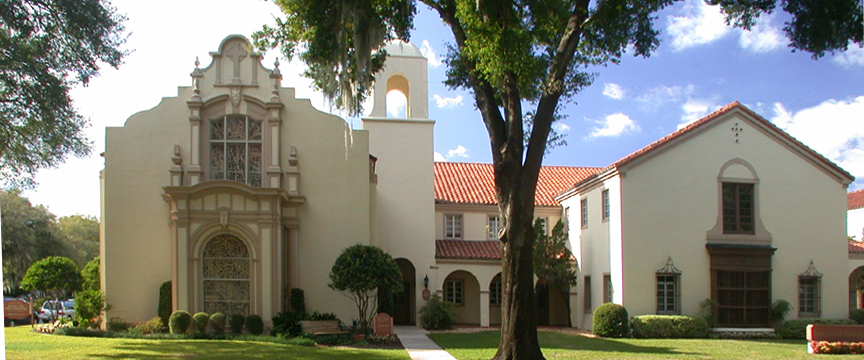During our time in Kenya, we are staying at a hotel on the edge of the Rift Valley. It surrounded by a lush canopy of green from yellow-barked Acacia trees. In the distance is the aqua blue of Lake Naivasha with its large population of hippopotamus. Each morning after breakfast our team gathers on the patio outside the main lodge and has devotions. As you breathe in the fresh morning air and look over the lake you cannot help but marvel over God’s creation! There is no doubt sitting there that God made the heavens and the earth! It is indeed one of the most beautiful places I have been.
However, if you were to leave the hotel and make your way down to the lake you would find yourself in one of a number of slums that have sprung up around the flower farms that supply Europe. From a distance, you can barely make out the forms of buildings. But up close you are greeted with rows and rows of mud and brick and tin sheds. Here, thousands of men, women and children, many who work at the farms, seek to exist in face of abject poverty. Many of the Panua youth we work with live in the slums around Lake Naivasha. And their setting is a jarring contrast to the comfort of the hotel and the beauty of God’s creation seen from the top of the mountain. In fact, much of our conversation this week has been about our struggle with the co-existence of such poverty and wealth, beauty and suffering.
All this has me thinking about a book I recently read about the nature of God. In particular, about the immanence and transcendence of God. God’s immanence refers to the presence of God in creation. It points to the closeness of God. God’s transcendence refers to the exalted nature of God. God is infinitely above us. His greatness is quantitatively greater than any we know. The key is to recognize that God is BOTH transcendent and immanent.
Take for example, the story of Moses at the burning bush in Exodus chapter 3. As Moses approaches the bush that is burning but is not consumed, God tells him to take off his shoes for he is on holy ground. When Moses asks God for His name, God replies I am who I am! God’s name is beyond knowing by Moses. This is exalted transcendence of God! And yet God also knows who Moses is. God calls him by name. God has seen the suffering of His people in slavery. God is working to deliver them. God is immanent. Both are important. If God was not transcendent we could contain Him. And we would seek to control Him (we do that anyway). If God was not immanent, He would be indifferent. God would know nothing of who we are. And we would know little of Him.
The truth is, God did create this beautiful world. God’s handiwork is beyond imagination. And the truth is, God does know and love the people who live in the slums around Lake Naivasha. He is working to deliver them. I am not always sure how both those things fit neatly together. But I know that there is both wealth and poverty, suffering and beauty here in Naivasha. And also at home in Winter Park. So I am going to praise God for the gift of this beautiful earth. And I am going to join God in His work to deliver and restore His children! How about you? How about you?
Pastor David











